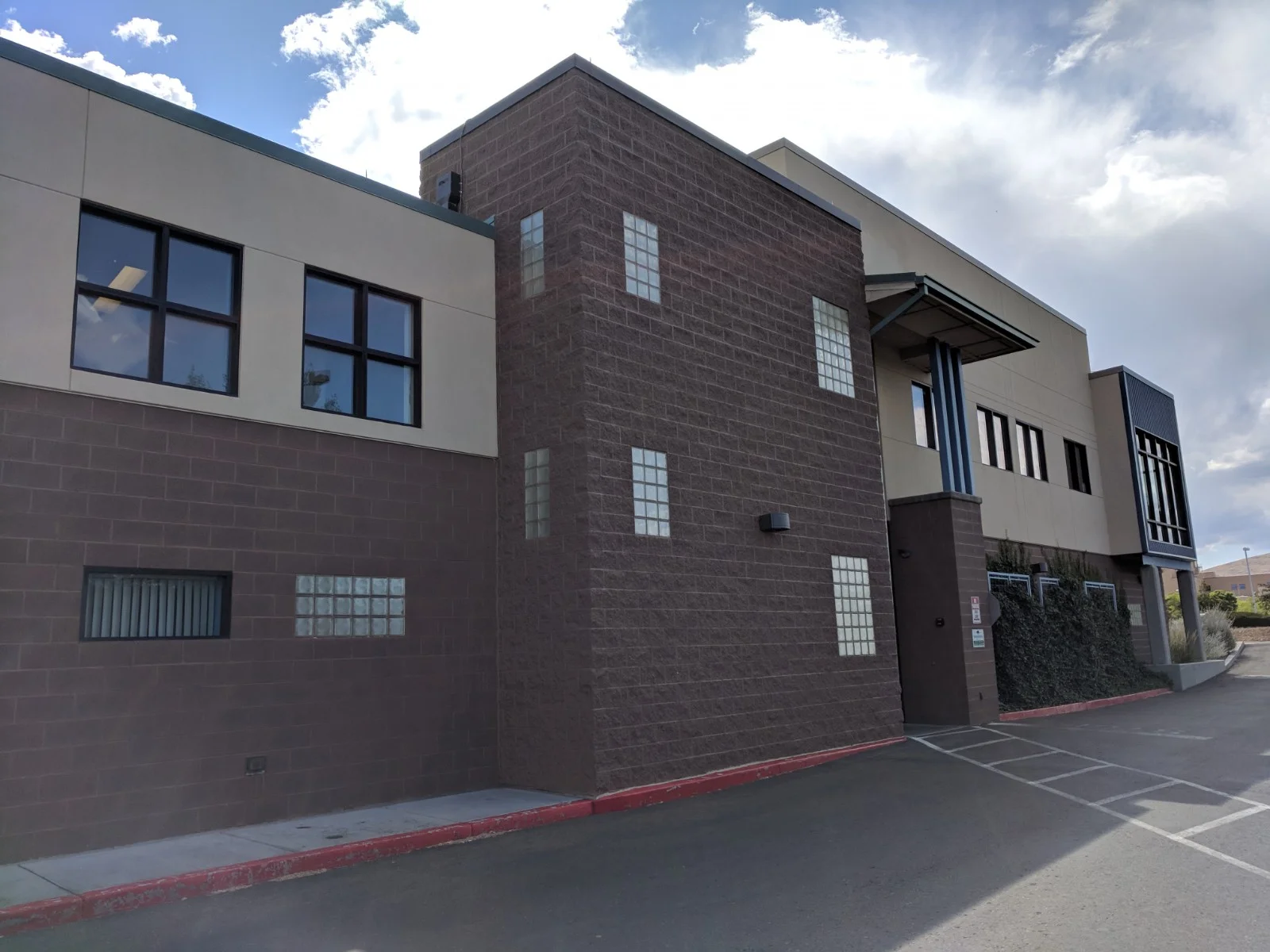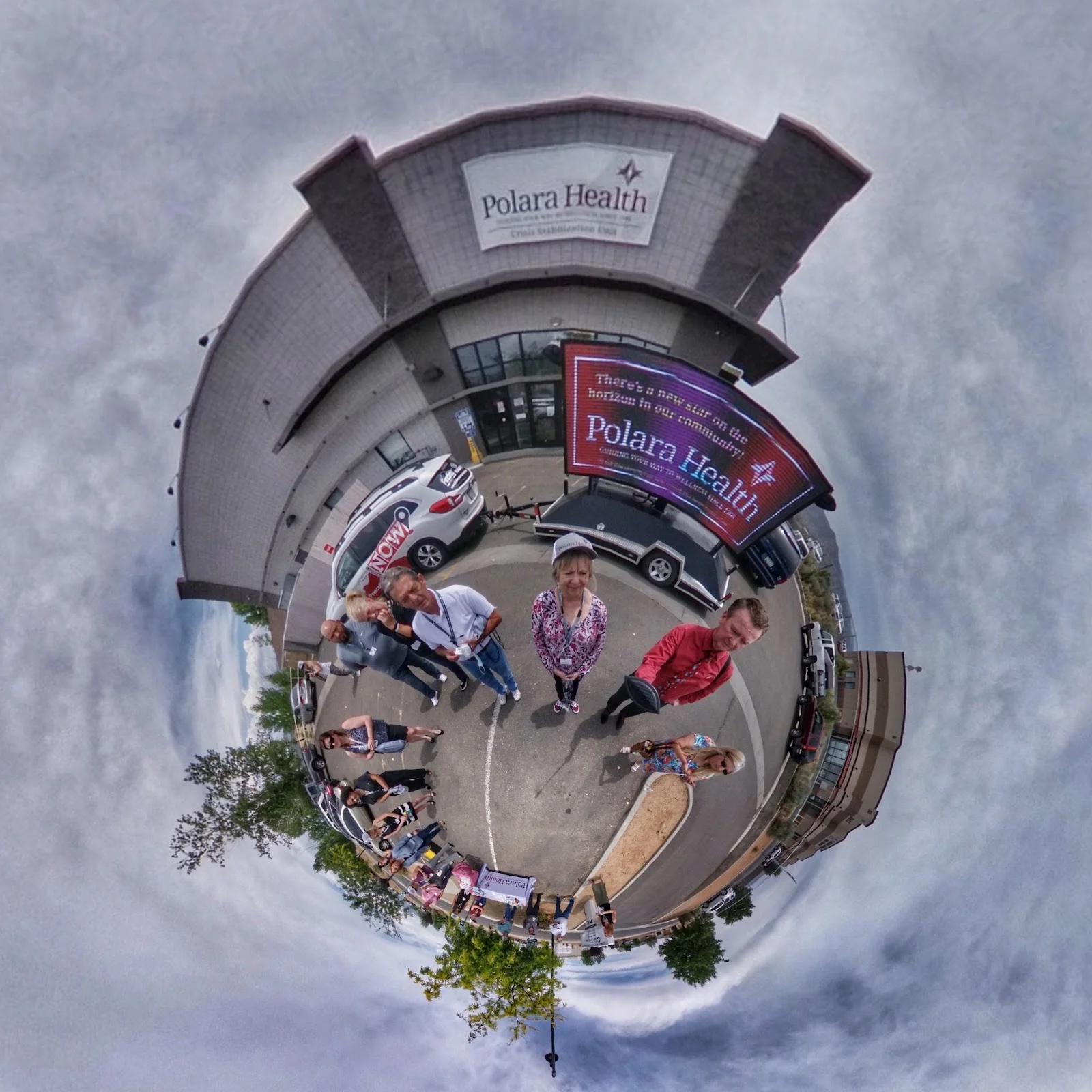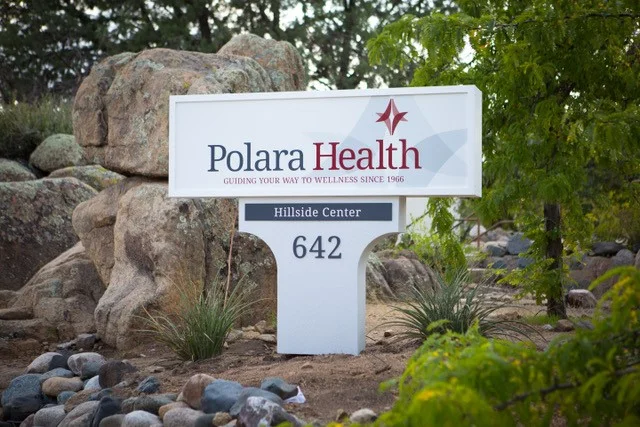Polara Health - Windhaven Outpatient Services Information
Treatment
Who We Treat
- Young Adults (18–25)
- Older Adults
- Male and Female
- Veterans
- LGBTQ+
Conditions We Treat
- Post Traumatic Stress Disorder (PTSD)
- Perinatal Mental Health
- Trauma
- Eating Disorders
- Anger
Substances We Treat
- Benzodiazepines
- Chronic Relapse
- Alcohol
- Opioids
- Methamphetamine
Languages
- English
Aftercare
- Outpatient Treatment
- Employment Counseling
- Continuing Care
- Support Meetings
Level of Care
- Outpatient
Accreditations
-
State department of health
Government agencies issue State Licenses, granting permission to rehabilitation organizations to conduct their business operations lawfully within specific geographic regions. Generally, the particular rehabilitation programs offered by a facility and its physical location dictate the necessary licenses needed for legal operation.

-
Hospital licensing authority
The Hospital Licensing Authority is responsible for granting licenses to healthcare facilities, ensuring that they meet the standards and regulations set by the government. Accreditation is a process of evaluation and recognition by a third-party organization, confirming that the hospital meets specific quality and safety standards.
-
The Joint Commission
The Joint Commission accreditation for addiction and behavioral health signifies that a facility has met rigorous standards in patient care, treatment, and safety. This recognition assures patients and professionals of the facility's commitment to providing high-quality, evidence-based care in the fields of addiction and behavioral health, fostering trust and confidence in their services.

Additional Locations
Polara Health - Windhaven Outpatient Services Accepts The Following Insurance Plans
Find the best treatment options. Call our free and confidential helpline today!










